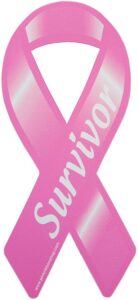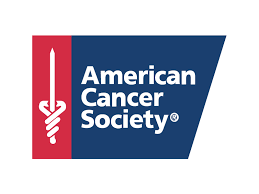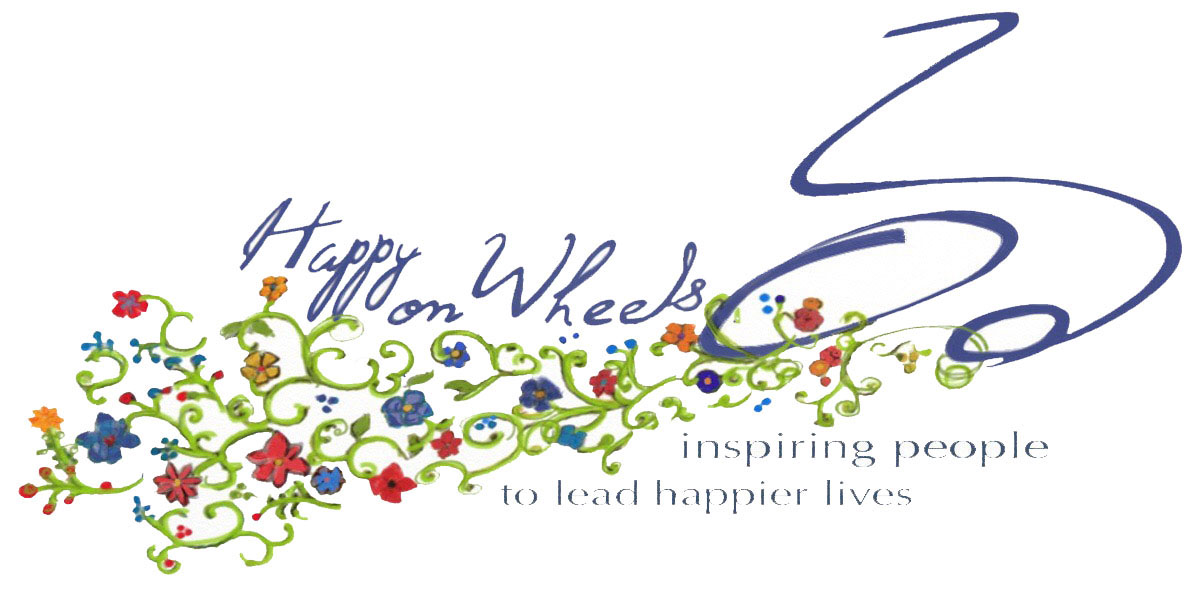It’s More Important Than Ever
Author: Sheri Denkensohn-Trott
For those that are already aware, and for those that may not be, I am celebrating my 10-year breast cancerversary! It is also the 10-year anniversary of the breast cancer support group that I have been attending since August 2010. It is run by the Thelma D. Jones Breast Cancer Fund. Getting my breast cancer diagnosis was like a bad movie. I had just returned home from an  extended hospitalization, was incredibly weak, and barely functioning. I did not know if I would be able to return to work and I was adjusting to having a trach. Breast cancer was the last thing that I expected. But it did teach me an important lesson. Breast cancer, and cancer in general, doesn’t discriminate. I have my theories on how I got the cancer, likely from the abundance of radiation through x-rays and CT scans that I needed when I was hospitalized, but it is not worth spending energy to figure out why I got cancer. I chose to focus on the “what can I do.”
extended hospitalization, was incredibly weak, and barely functioning. I did not know if I would be able to return to work and I was adjusting to having a trach. Breast cancer was the last thing that I expected. But it did teach me an important lesson. Breast cancer, and cancer in general, doesn’t discriminate. I have my theories on how I got the cancer, likely from the abundance of radiation through x-rays and CT scans that I needed when I was hospitalized, but it is not worth spending energy to figure out why I got cancer. I chose to focus on the “what can I do.”
By happenstance, my sister-in-law was at her mammogram appointment and saw a huge basket. She asked what it was for and one of the nurses said that it was put together by the American Cancer Society (ACS) and that the Making Strides Against Breast Cancer walk was kicking off in the next couple weeks (it was the end of July) and the walk occurred in October. My sister-in-law left with the basket and delivered it to me. I’ll never forget opening it on my terrace with my young niece, looking at every wonderful item in the basket. I was drawn in. I immediately decided to channel my anger at having breast cancer into raising money for the upcoming walk. I was interviewed by the Making Strides staff, started attending meetings about the walk, and began my fundraising in earnest.
 That has led to 10 years of busy Septembers and Octobers, and this year I started in June. I never expected to raise as much money as I have over the years and to be recognized as a keynote speaker, closing speaker, and ACS Ambassador. I have made many great friends, become much more knowledgeable about breast cancer and other types of cancer, and more aware of cutting-edge research and the unmet needs of the cancer community. My eyes have been opened to the disparate impact of breast cancer on women of color and other disadvantaged groups. Additionally, through the voice of a guest speaker at a support group meeting, I got an inside look at how men face a stigma if they are diagnosed with breast cancer. While I can’t say that I am overjoyed that I got breast cancer, but it certainly has made my life different in a positive way; I’m more knowledgeable about breast cancer, more compassionate towards those facing a breast cancer diagnosis, and most importantly for me, I have become a forceful advocate for accessible mammography for those with disabilities.
That has led to 10 years of busy Septembers and Octobers, and this year I started in June. I never expected to raise as much money as I have over the years and to be recognized as a keynote speaker, closing speaker, and ACS Ambassador. I have made many great friends, become much more knowledgeable about breast cancer and other types of cancer, and more aware of cutting-edge research and the unmet needs of the cancer community. My eyes have been opened to the disparate impact of breast cancer on women of color and other disadvantaged groups. Additionally, through the voice of a guest speaker at a support group meeting, I got an inside look at how men face a stigma if they are diagnosed with breast cancer. While I can’t say that I am overjoyed that I got breast cancer, but it certainly has made my life different in a positive way; I’m more knowledgeable about breast cancer, more compassionate towards those facing a breast cancer diagnosis, and most importantly for me, I have become a forceful advocate for accessible mammography for those with disabilities.
My decision this year to raise $10,000 in honor of the dual anniversaries was difficult because of COVID. I thought to myself, “Will individuals be offended that I am asking for money at a time when people are struggling and out of work?” “Should I wait until next year because I will have a better chance of hitting my goal?” But in my gut, I knew that I needed to move forward. Cancer and COVID are inextricably connected. And all of us, including our loved ones, will be impacted now and in future generations.
Earlier this summer, The American Cancer Society Cancer Action Network released a second national survey showing the devastating impact that COVID-19 is having on cancer patients and survivors.
- 87% of respondents said the pandemic had affected their healthcare in some manner, up from 51% in an earlier survey.
- Of those in active treatment 79% reported delays to their healthcare (up from 27%), including 17% of patients who reported delays in their cancer therapy.
- Nearly one in four patients surveyed say the pandemic has made it more difficult to contact their providers with questions about their healthcare needs.
- One in five say they are worried their cancer could be growing or returning due to delays and interruptions caused by the COVID-19 outbreak.
- Nearly half (48%) of patients said the COVID-19 pandemic has had a moderate or major effect on their mental health.
- In particular, 67% said they worry it will be harder for them to stay safe when social distancing and other restrictions are relaxed in their area.
On top of the impact patients are feeling, and the support ACS can provide for patients, ACS is facing a minimum $200M deficit due to all fundraising events being canceled, postponed, and now in many cases, going virtual. Their mission is now at risk. If trends don’t change, ACS will be forced to cut research funding by 50%. Even more, cancer screening rates for breast, colon, and cervical cancers fell as much as 94% since March. This will lead to a devastating increase in cancer cases that will go undiagnosed for prolonged periods of time resulting in later staged cancers which are the most difficult to treat.
 I am so pleased that I decided to move forward. In fact, I have exceeded my goal of $10,000 already. So, I set a new goal, $12,000. I know it can be done. It is a matter of life or death. Patients, caregivers, survivors, and the future generations all depend on it.
I am so pleased that I decided to move forward. In fact, I have exceeded my goal of $10,000 already. So, I set a new goal, $12,000. I know it can be done. It is a matter of life or death. Patients, caregivers, survivors, and the future generations all depend on it.

